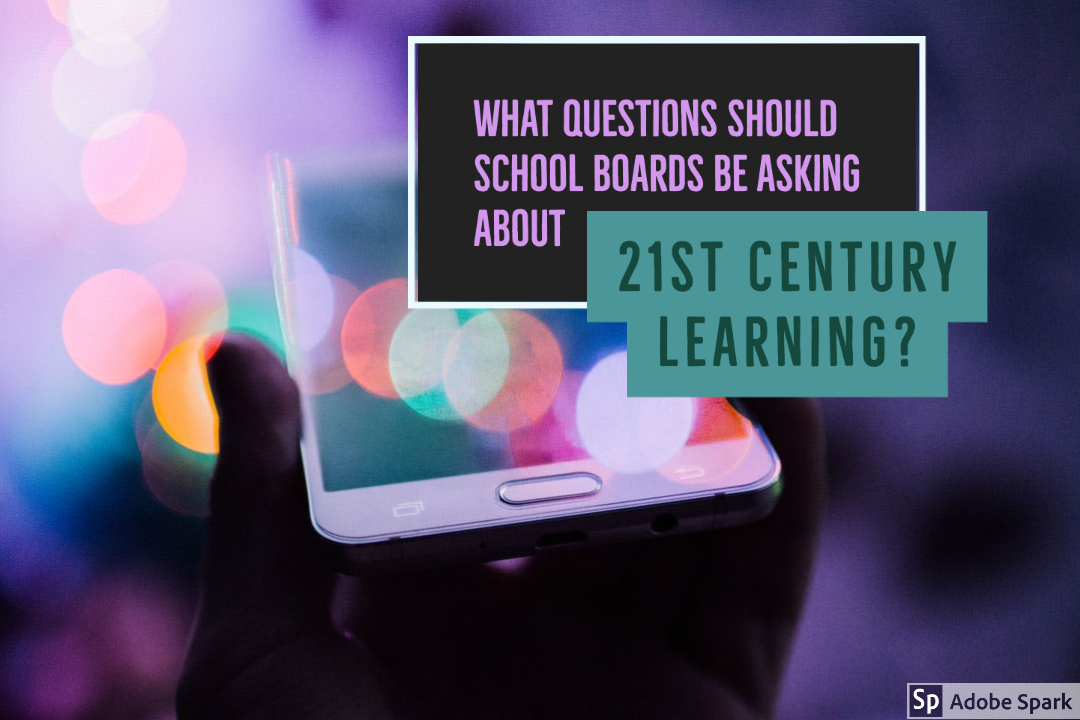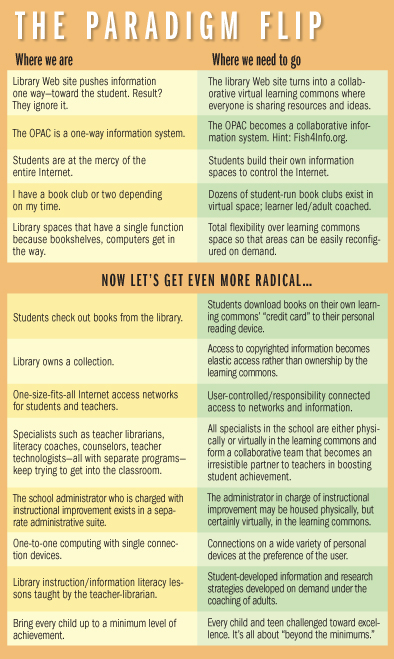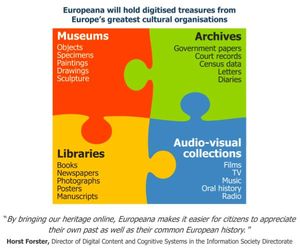Next week, I’m keynoting at the New Mexico School Board Association’s Leader’s Retreat. I plan to take a “Socratic approach” and frame my talk around a series of themes and sample questions that I think school boards should be asking in response challenges and opportunities of 21st century learning.
I wanted to offer readers the chance to offer their suggestions – via this blog’s comment or Twitter/edteck.
I plan to address three themes and pose some reflective questions for board members to consider.
Theme 1. Learning must engage student in rigorous thinking at higher levels of Bloom – analyzing, evaluating and creating. School boards should ask:
- Does our school community recognize the difference between higher and lower order thinking?
- Are students expected to just consume information, or are they asked to create something original that demonstrates their learning?
- Is our district a creative problem-solving organization?
Answers: We cut music and art for remedial math. (Wrong!!!)
We recognize music and art are vehicles to teach math. (That’s better!)
Theme 2. Learning is relevant when the student understands how the information or skill has some application to their life, has an opportunity to figure out their own process rather than just learn “the facts,” and is given opportunities to reflect on their work and their progress as learners. School boards should ask …
- Do our students get high grades for simply memorizing the review sheet for the test?
- Do our students “follow the recipe” or are they increasingly asked to take responsibility for their learning products, process and results?
- Is the audience for student work simply the teacher, or are students asked to share their learning with peers, family, community?
Theme 3. The digital age has redefined literacy. To paraphrase David Warlick, Literacy now means the ability to: find information, decode it, critically evaluate it, organize it into digital libraries, and be able to share it with others. School boards should ask …
- If we’re no longer the “information gatekeepers,” are we teaching our students to critically evaluate information and use it responsibly?
- Does our technology get used mainly by the educators, or are students regularly employing it to create understanding and share their learning?
- Is our credit system based on seat time or can it be expanded beyond the school walls to any place / time virtual learning?
And finally I will wrap up the talk with an overarching perspective on accountability and assessment. I find it ironic that while schools chase NCLB “proficiency,” life has become an open book test. We need to unleash the power of assessment that targets and inspires. One-shot, high stakes tests are just autopsies. Students need regular check-ups where teachers can gauge student progress and target instruction. Ultimately the program must be designed to foster student self-assessment that gives them responsibility for monitoring their own progress. Students should be supported in on-going sell-reflection that addresses questions such as:
- How can I use this knowledge and these skills to make a difference in my life?
- How am I progressing as a learner?
- How can I communicate what I’m learning with others?
- How can I work with teachers and other students to improve my learning?
Schools will need to become places that create engaging and relevant learning experiences, provoke student reflection, and help students apply the learning to life. Authentic accountability is reciprocal … leadership is responsible to provide resources for success, educators are responsible for results. Simply sorting students along the “bell curve” won’t do.
… Please add a comment below or Twitter to let me know if I’m leaving anything out.
Sept 22, 2009 UPDATE: For School Board Leaders’ responses to the workshop see: School Board Leaders Reflect on Essential Questions / 21st Century Learning
Like this:
Like Loading...



